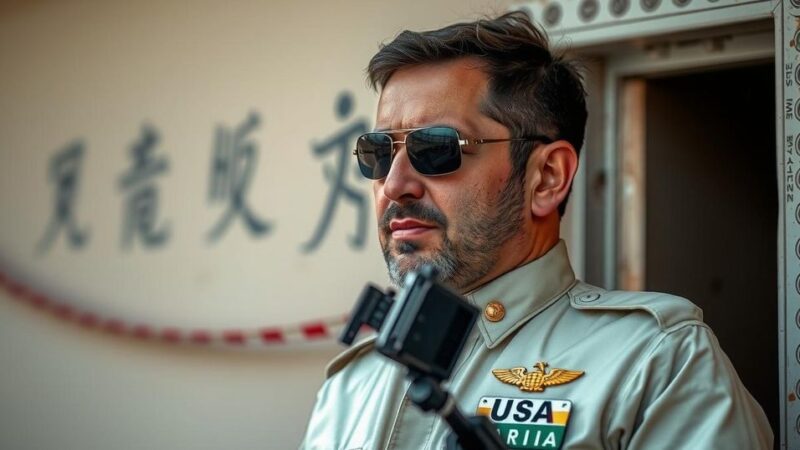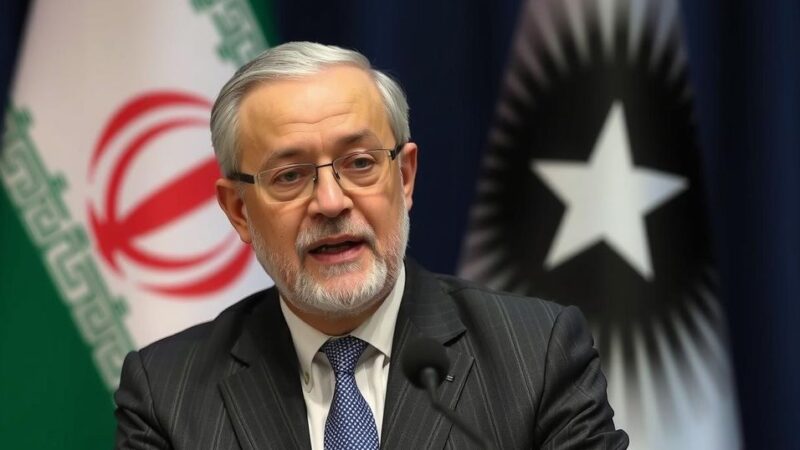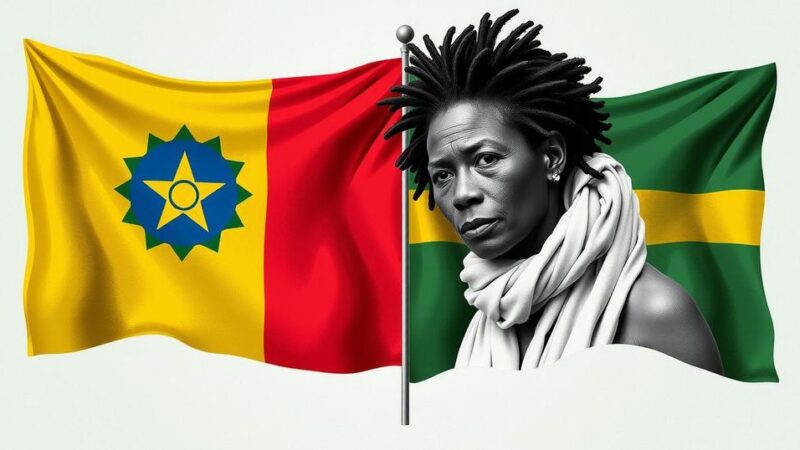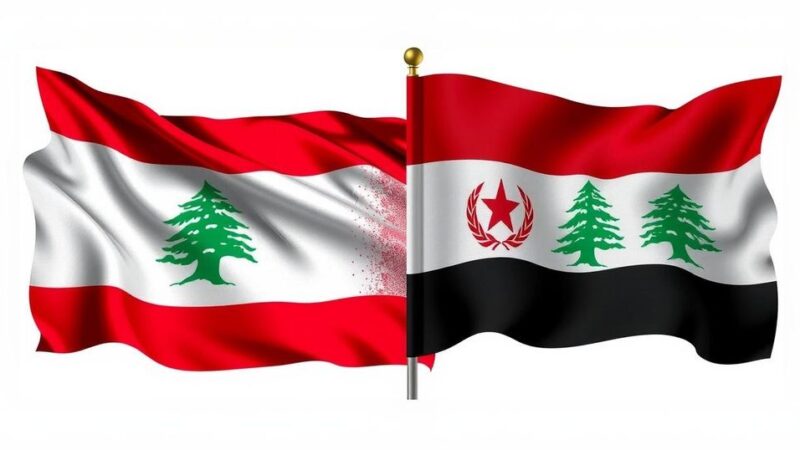Burundi has confirmed its strong support for Morocco’s claim over Western Sahara, articulating its endorsement of Morocco’s Autonomy Plan as the only practical solution to the dispute. This decision is perceived as a setback for Algeria, which has sought to influence Burundi’s position. Furthermore, the number of African countries supporting Morocco’s stance continues to grow, emphasizing the shifting diplomatic landscape surrounding this territorial conflict.
In a significant reaffirmation of diplomatic ties, Burundi has expressed its unwavering support for Morocco’s territorial integrity during a high-level meeting between Burundian Foreign Minister Albert Shingiro and his Moroccan counterpart Nasser Bourita. This declaration, made during a meeting in Rabat, emphasizes Burundi’s endorsement of Morocco’s Autonomy Plan as the sole viable solution to the ongoing dispute over Western Sahara. Furthermore, Minister Shingiro recognized the role of the United Nations as the primary framework for achieving a sustainable resolution to this complex issue. The reassertion of support for Morocco’s stance has been perceived as a setback for Algeria’s diplomatic ambitions in the region. Algerian political analyst Oualid Kebir remarked on social media that this development constituted a “strong slap” to Algeria, suggesting that Algeria’s diplomatic efforts to influence Burundi have been unsuccessful. Kebir indicated, “There’s no use… the game is over with Burundi,” alluding to the futility of Algeria’s recent attempts to alter Burundi’s alignment. This diplomatic gesture follows Burundi’s establishment of a consulate in Laayoune, the largest city in Western Sahara, in February 2020, marking a strengthening of Burundi-Morocco relations. The opening of this consulate was part of a larger trend, as more African nations, including Chad, have recently increased their diplomatic presence in Morocco’s southern territories, with Chad inaugurating a consulate in Dakhla in August 2023, raising the total to 29 countries supporting Morocco’s claims. Additionally, the Moroccan Center for Parallel Diplomacy and Civilizational Dialogue released a report underscoring Morocco’s strategic return to the African Union in 2017, which has been pivotal in enhancing its diplomatic efforts concerning Western Sahara. The report detailed the challenges Morocco faces within the AU, particularly regarding the presence of the Polisario Front. It called for the establishment of a “broad African front” to bolster Morocco’s position and suggested that this could be achieved through strategic partnerships and coordinated actions within the AU framework. To address the legitimacy of the Polisario’s membership, the report advocated for Morocco to prepare a comprehensive legal argument citing the Polisario’s lack of United Nations recognition as a state and questioning its claim to represent the Sahrawi people.
The territorial dispute over Western Sahara has been a longstanding issue, rooted in colonial history and regional politics. Morocco asserts sovereignty over Western Sahara, referring to it as its southern provinces, while the Polisario Front advocates for the territory’s independence. Algeria has historically supported the Polisario Front, thus complicating regional diplomatic relations. The recent developments highlight the dynamics of international support, with several African nations aligning with Morocco’s position, potentially altering the balance in ongoing negotiations and diplomatic maneuvers within the African Union and beyond.
Burundi’s reaffirmation of support for Morocco’s territorial claims marks a significant political stance amidst a complex regional dispute. This development not only reinforces Morocco’s diplomatic efforts but also signals a shift in alliances within Africa regarding the Western Sahara issue. As more nations extend their recognition of Morocco’s sovereignty, Algeria faces increasing challenges in its diplomatic endeavors, underscoring the changing geopolitical landscape in the region.
Original Source: moroccoworldnews.com





